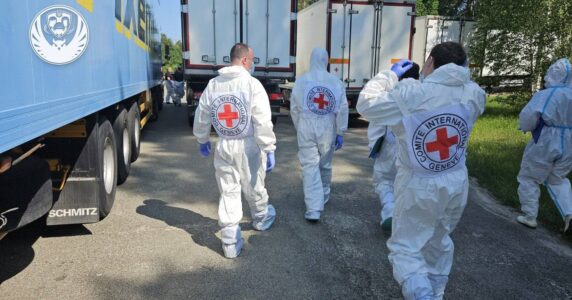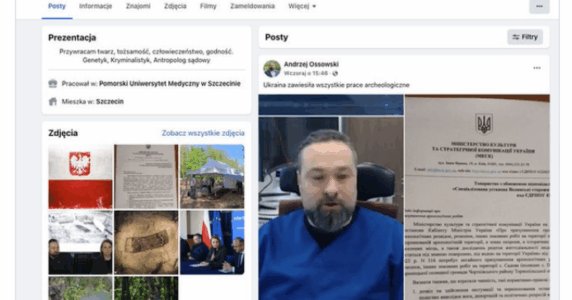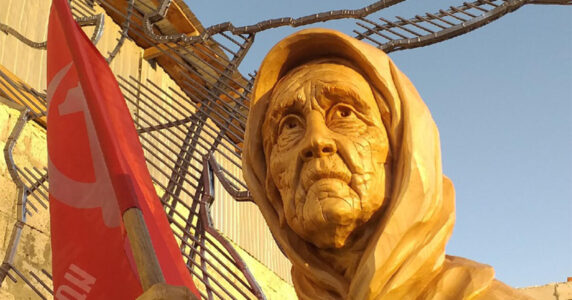Navigation and useful materials
On January 25, the European Court of Human Rights announced an interim verdict in the case “Ukraine and the Netherlands v. Russia.” The application concerned Russia’s responsibility for crimes committed in the occupied parts of Donetsk and Luhansk oblasts since the beginning of Russia’s armed aggression against Ukraine.
The Centre for Strategic Communication and Information Security explains what it means and why the decision made in Strasbourg is so crucial.
What is the ECtHR decision about?
- The court found that since 2014, Russia has exercised effective control over (i.e. occupied) part of the Donetsk and Luhansk oblasts;
- The occupation was the result of the armed aggression of the Russian Federation against Ukraine, which began in the spring of 2014;
- The court recognized May 11, 2014 as the date of the beginning of the occupation — the date of pseudo-referendums and the declaration of “LPR” and “DPR.” The ECtHR recognized that these entities are under the constant control of the Russian Federation and do not make independent decisions;
- Violations of human rights in the occupied territories are systemic.
What crimes should Russia answer for?
- Murders of Ukrainian prisoners of war and civilians;
- torture and sexual violence;
- enforced disappearance and illegal detention;
- organization of forced labour;
- persecution on religious and national grounds;
- violation of the right of Ukrainians to education in the Ukrainian language and violation of human rights.
Why is this important?
- This is the first decision of an international judicial institution which defines the Russian presence in the Donetsk and Luhansk oblasts from 2014 to 2022 precisely as occupation (as opposed to assistance to a side of the “civil conflict,” which Russia insists on);
- Russia, as the occupying power, is responsible for all human rights violations and other crimes under the jurisdiction of international courts committed in the occupied parts of Donetsk and Luhansk oblasts;
- This will speed up the consideration of existing lawsuits and simplify the filing of new ones against Russia for human rights violations in the occupied territories;
- The ECtHR’s verdict can be referred to by companies whose property was appropriated by the occupying structures under the guise of “nationalization” in lawsuits against Russia in international arbitrations.
Russia refused to recognize the jurisdiction of the ECtHR. How can it be forced to pay?
In March 2022, Russia was expelled from the Council of Europe. At the same time, Russia refused to comply with the decisions of the ECtHR. At the beginning of this year, Putin launched the process of denunciation of international treaties of the Council of Europe, including the European Convention on Human Rights.
There is no reason to hope that Russia under the leadership of Putin will conscientiously and voluntarily implement the ECtHR’s decision on the “Donbas” lawsuits. But decisions related to the events of May 11, 2014 to March 15, 2022 will still have legal force. During that time, Russia remained a member of the Council of Europe, recognized the jurisdiction of the ECtHR and must be responsible for violations of international obligations undertaken.
There are at least two possible scenarios for the successful recovery of compensation from Russia based on ECtHR decisions:
- the adoption of a decision by the international community on the confiscation of Russian assets, in particular the frozen funds of the Central Bank of the Russian Federation, and the allocation of part of it to payments to the plaintiffs;
- removing Putin and his accomplices from power, changing the ruling regime to a more agreeable one.
Centre for Strategic Communication and Information Security
If you have found a spelling error, please, notify us by selecting that text and pressing Ctrl+Enter.


